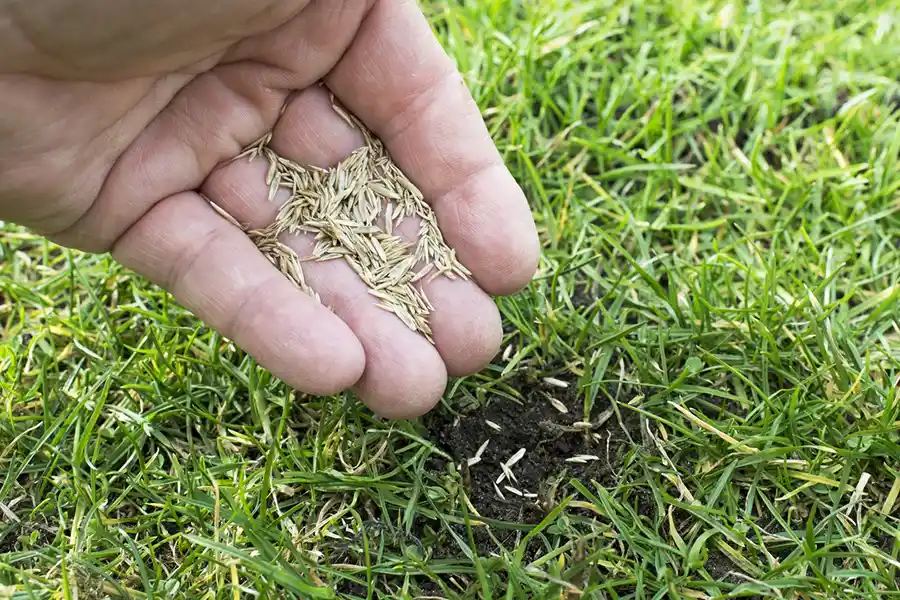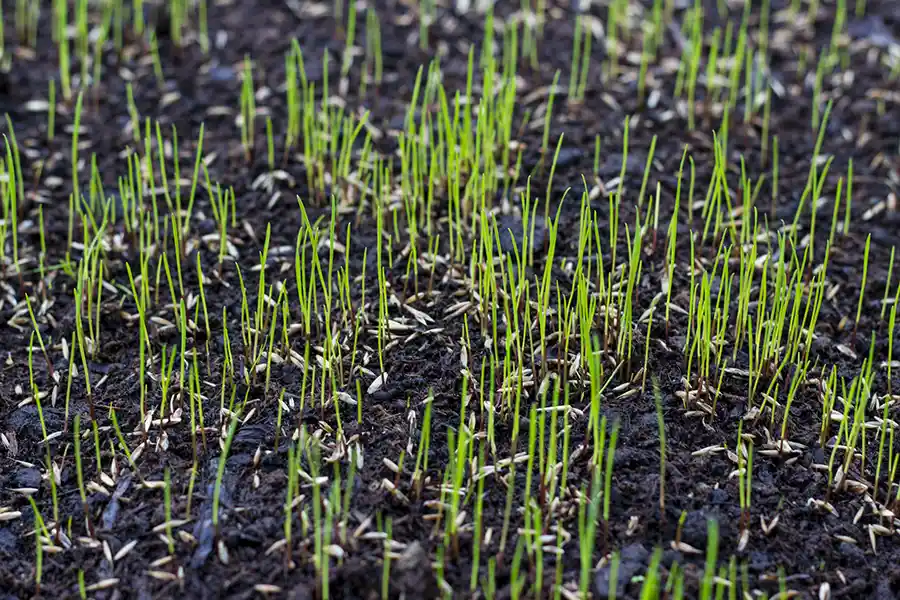How Often Should You Fertilize Your Lawn?
Less Lawn Feeding, More Lawn Greening: The Smart Fertilization Guide
Does your lawn need a constant supply of fertilizer to look its best? The truth is, over-fertilizing is a common mistake that can harm your grass and the environment. A “less is more” approach can actually lead to a healthier, lusher lawn while saving you time and money. Let’s explore how often should you fertilize your lawn below for the best results:
The “Less is More” Approach: A Smarter Way to Fertilize

The key to successful, infrequent lawn fertilization lies in understanding your grass type, soil composition, and seasonal needs. By focusing on quality over quantity, you’ll create a sustainable fertilization plan that nourishes your lawn without overloading it.
1. Choosing the Right Fertilizer
- Slow-Release vs. Quick-Release: Slow-release fertilizers provide a gradual, steady supply of nutrients, preventing rapid growth spurts and minimizing the risk of burning. Quick-release fertilizers offer a fast boost but require more frequent applications. For a “less is more” approach, slow-release options are ideal.
- Nutrient Content: Look for a fertilizer with a balanced ratio of nitrogen (N), phosphorus (P), and potassium (K). These are essential for healthy growth, root development, and overall lawn resilience. A soil test can help determine your lawn’s specific nutrient needs.
2. Timing is Everything
- Know Your Grass Type: Warm-season grasses (like Bermuda and Zoysia) thrive in the heat and should be fertilized in late spring or early summer. Cool-season grasses (like Fescue and Ryegrass) prefer cooler temperatures and benefit from fertilization in early spring or fall.
- Observe Growth Patterns: Fertilize when your lawn is actively growing, not dormant. This allows the grass to efficiently absorb and utilize the nutrients.
3. Application Techniques
- Even Distribution: Use a spreader to ensure even fertilizer coverage. Avoid overlapping or missing spots, as this can lead to uneven growth and potential damage.
- Watering: Water your lawn thoroughly after fertilizing to help dissolve the granules and move the nutrients into the soil.
How Often Should You Fertilize Your Lawn?

Want to learn more about how often should you fertilize your lawn in Trenton, NJ? Turn to Zenith Zone Landscaping. To book our services, dial (609) 434-9953 now!